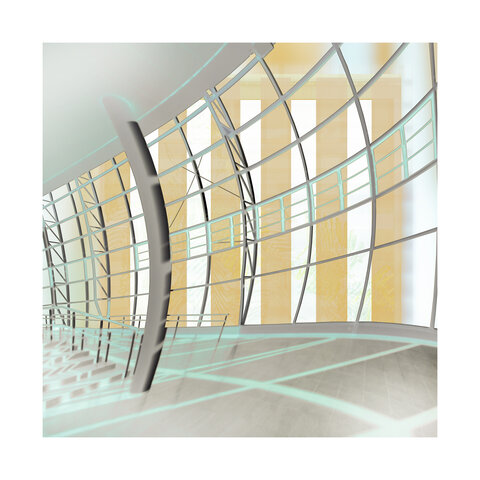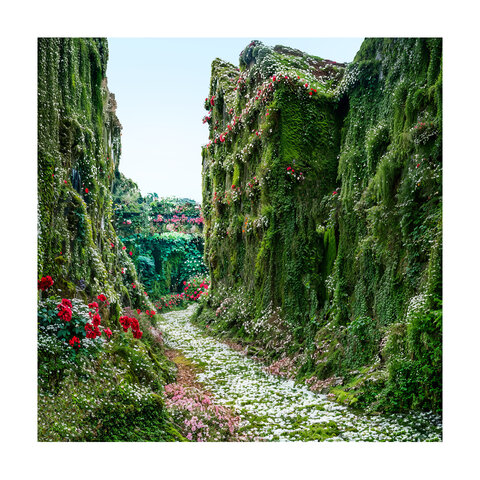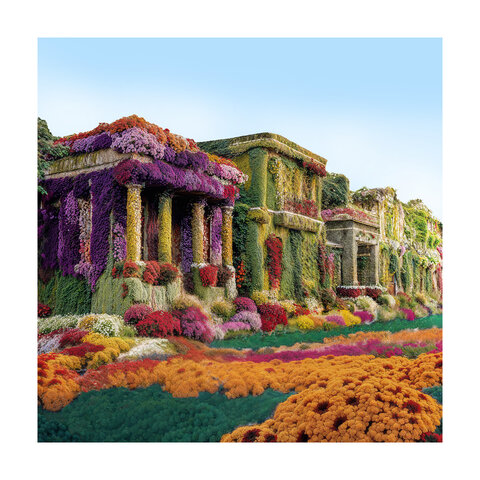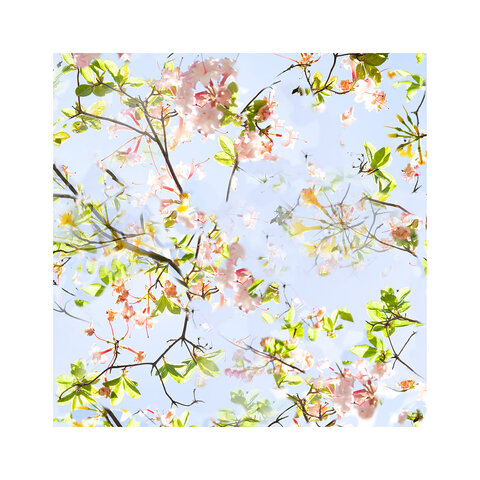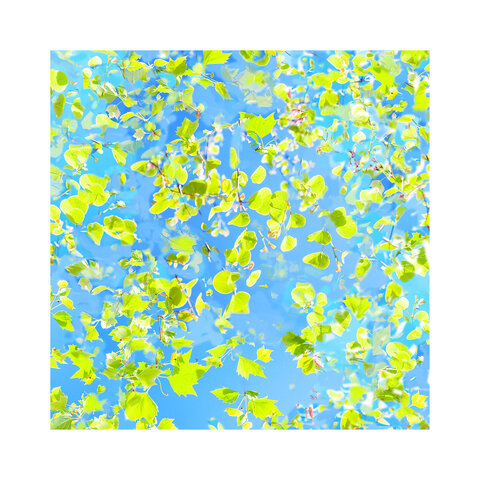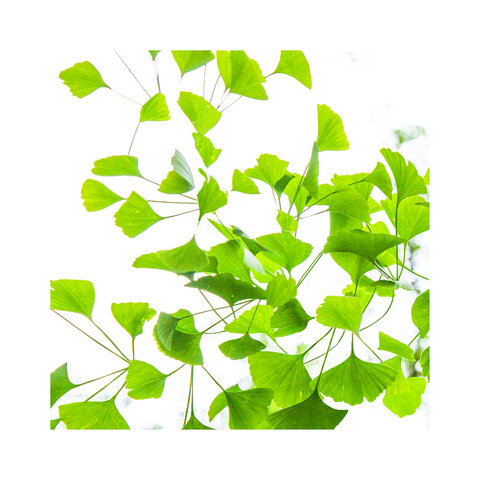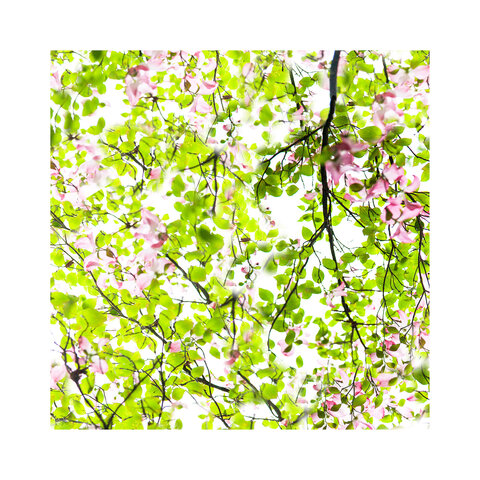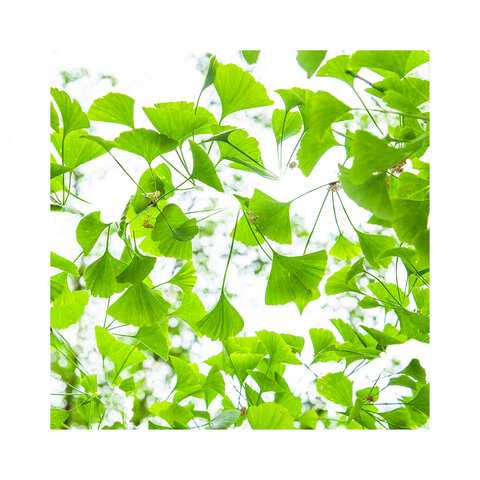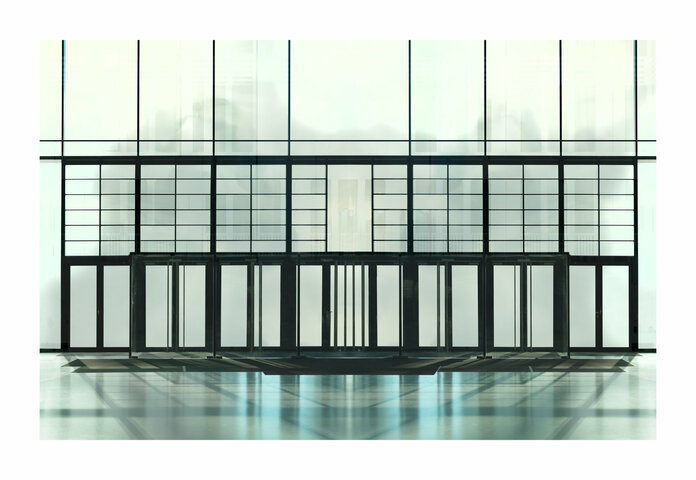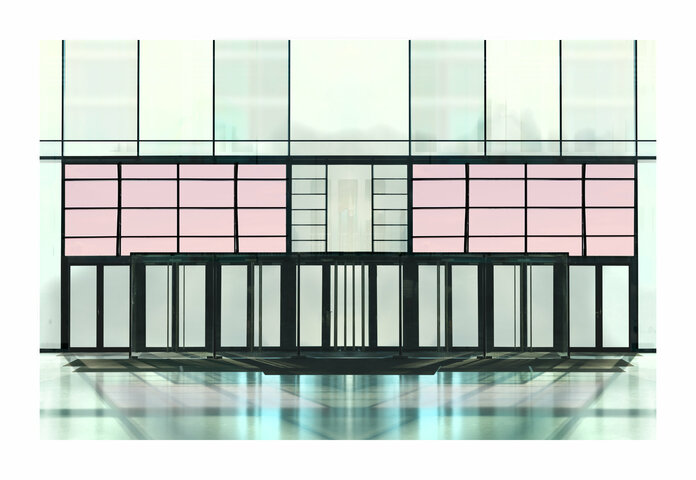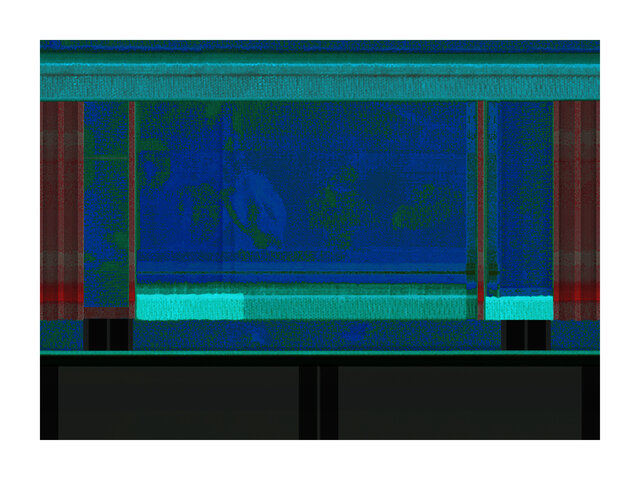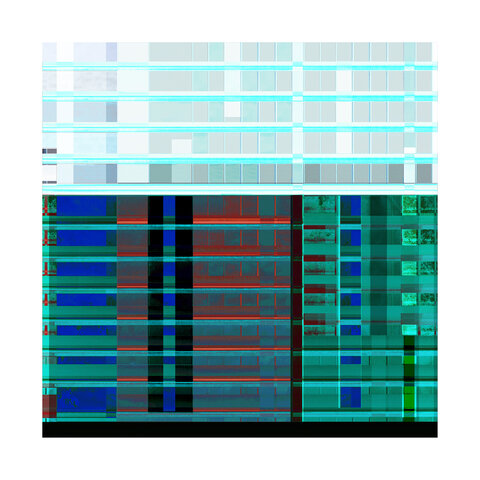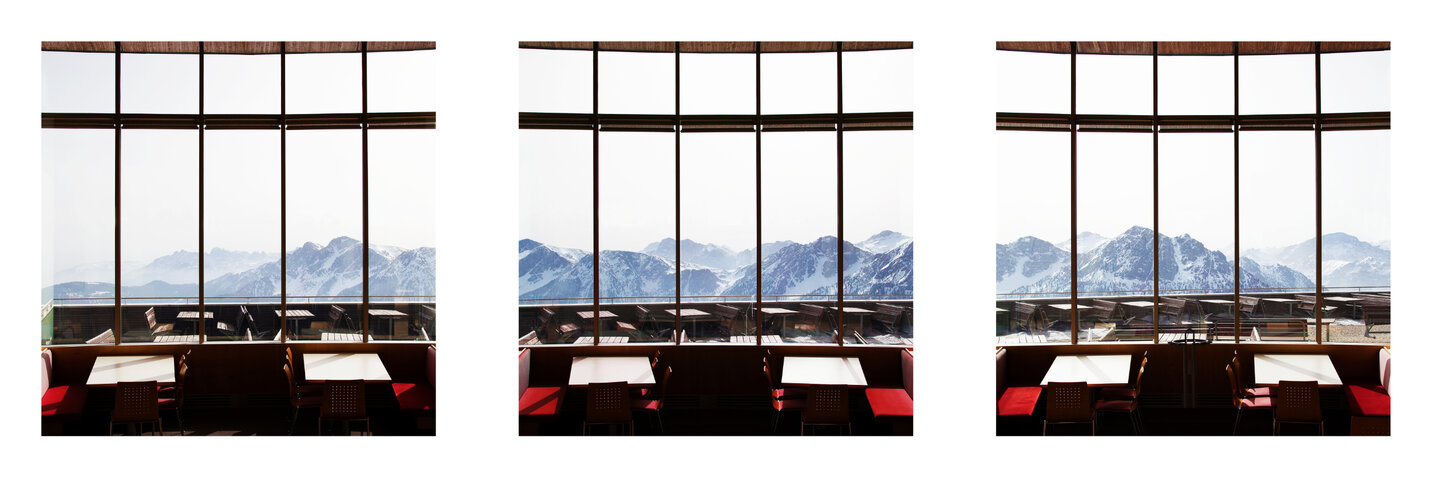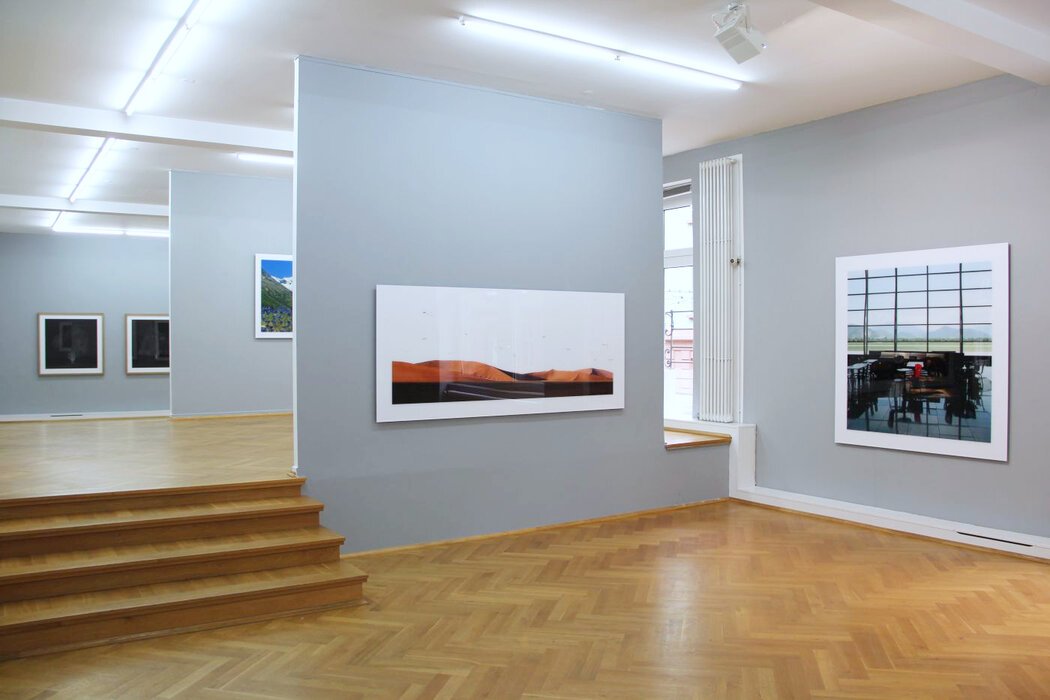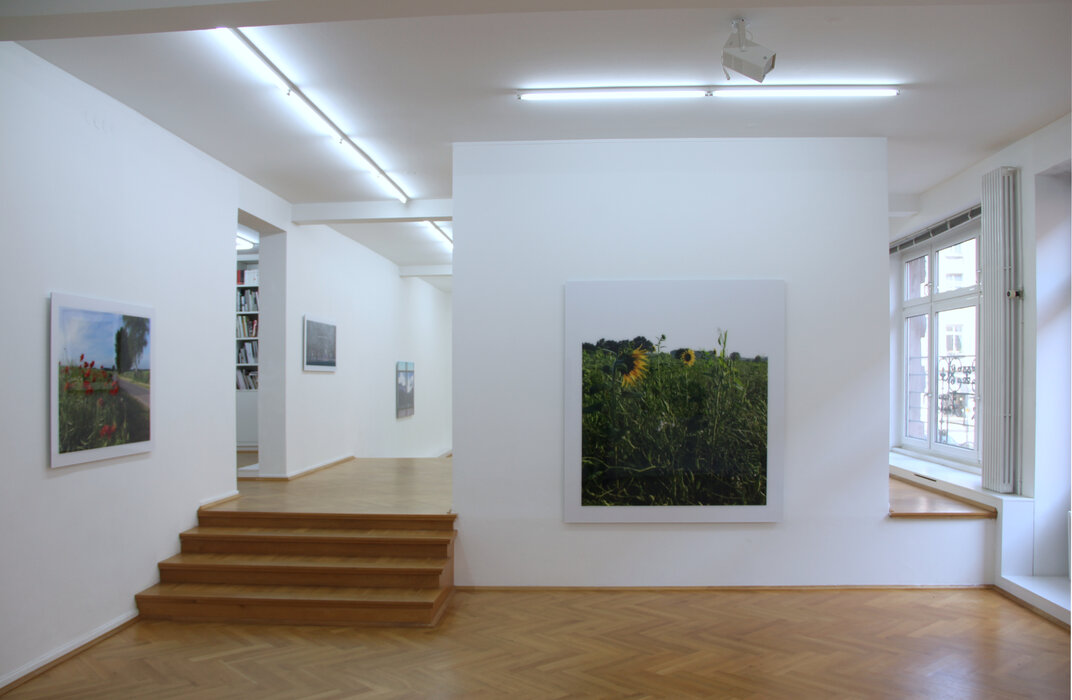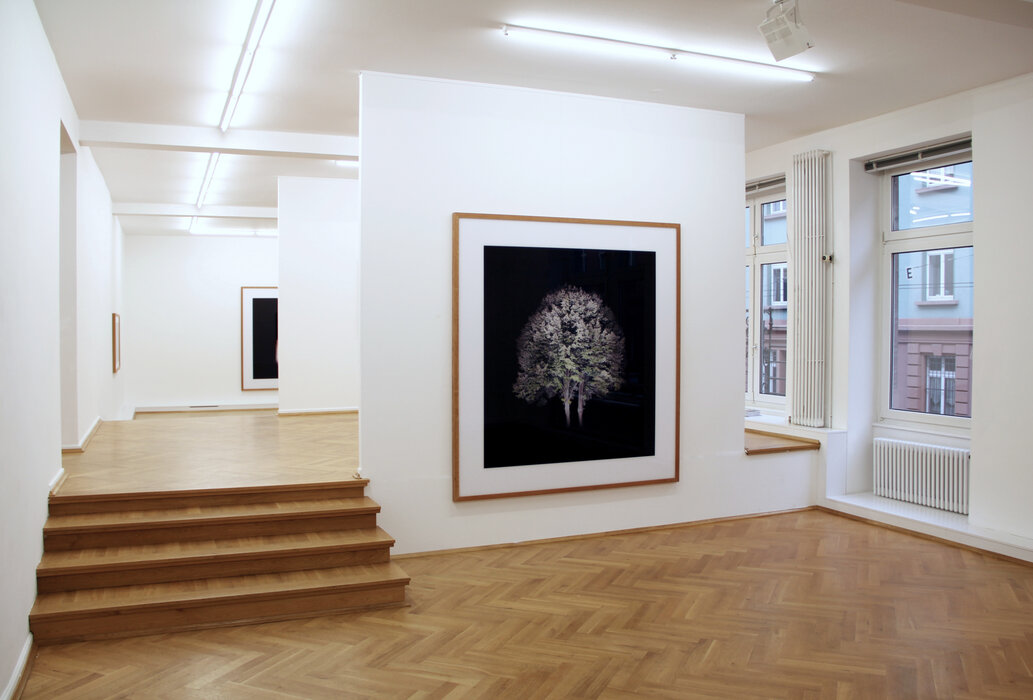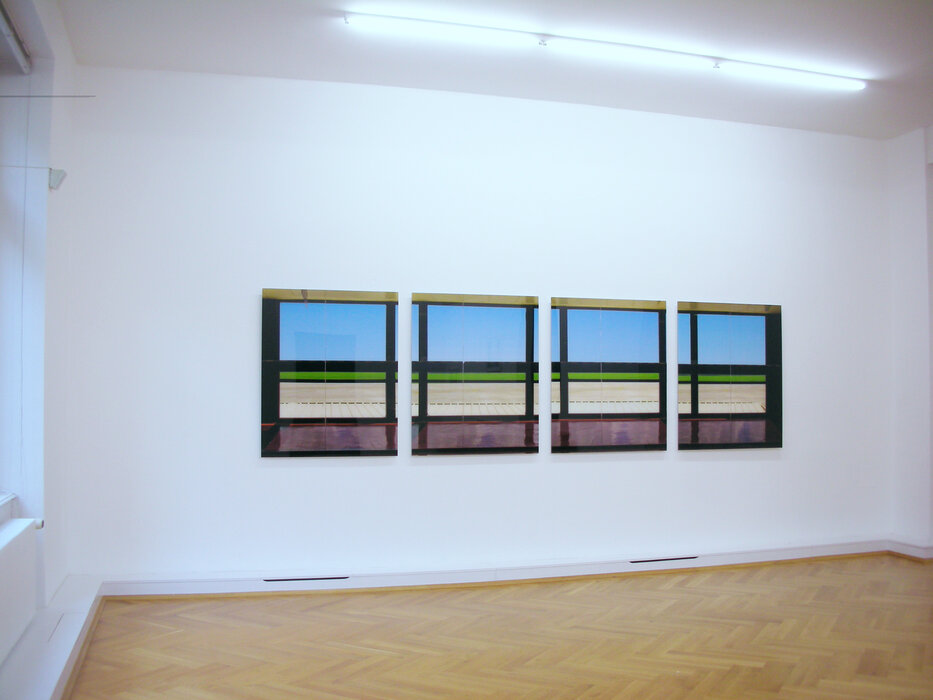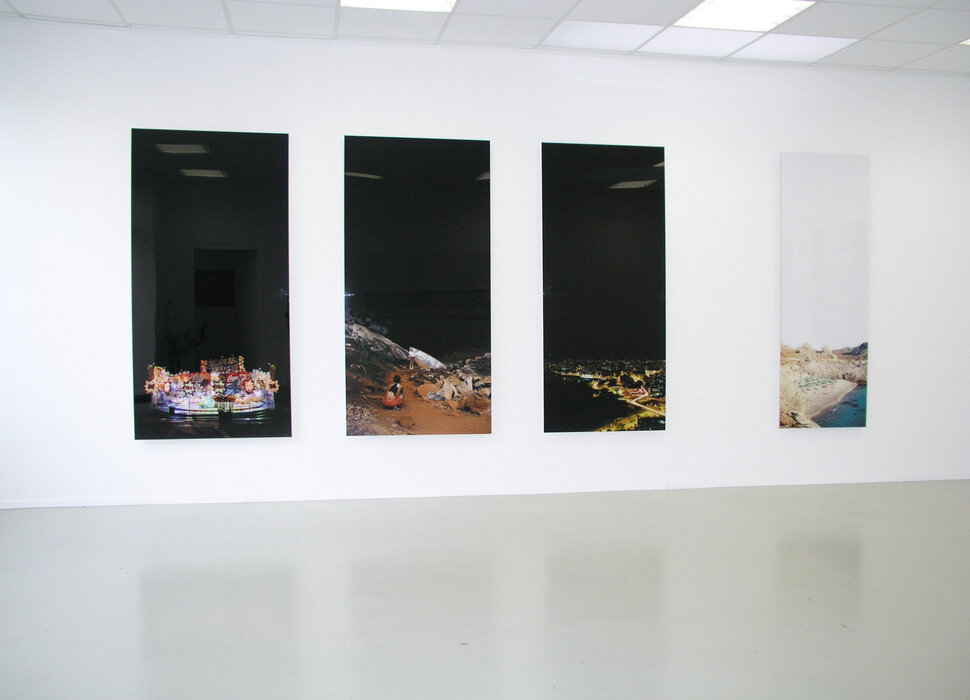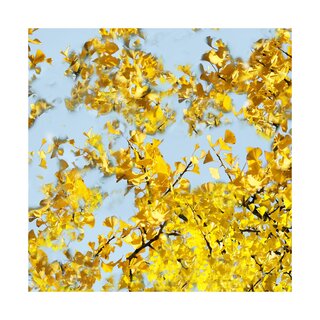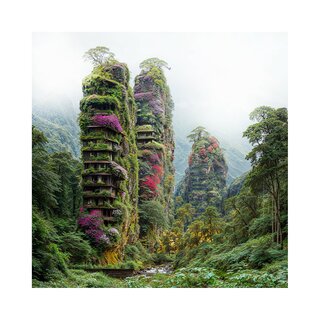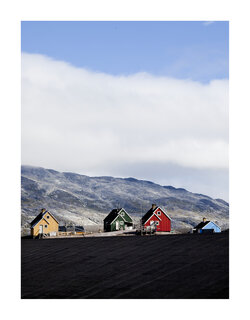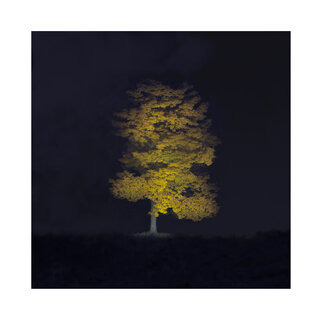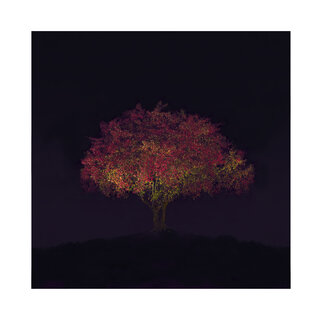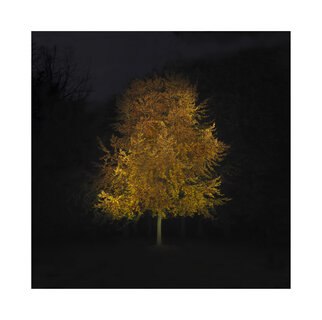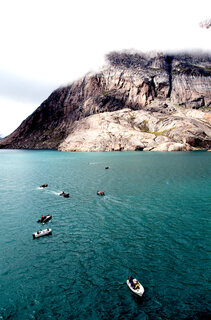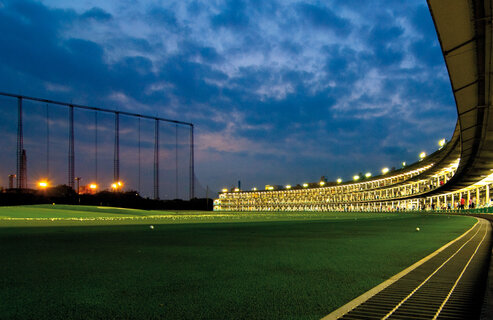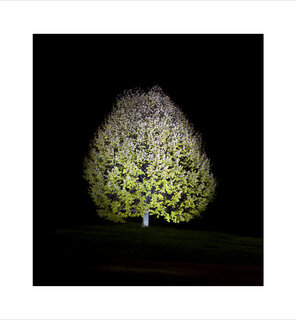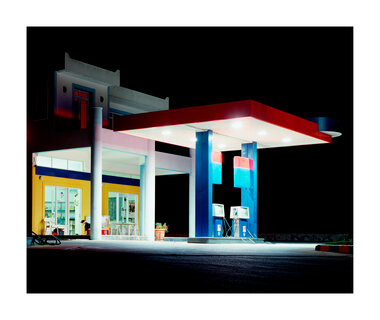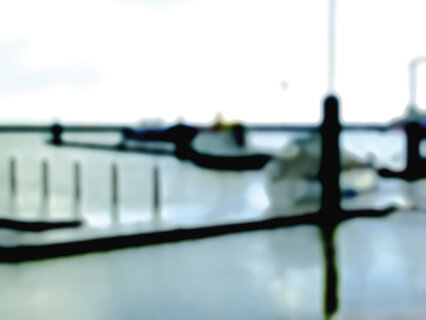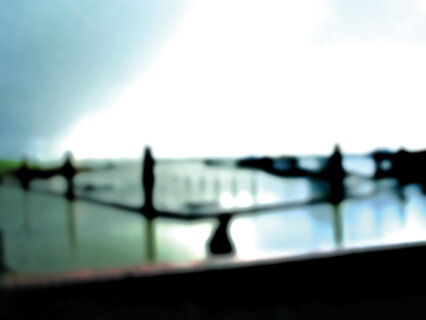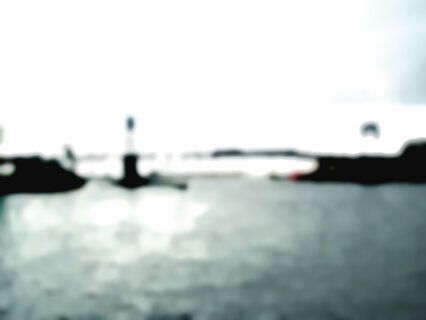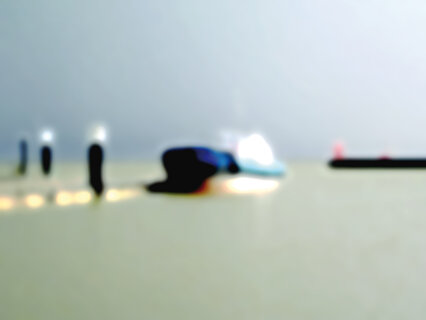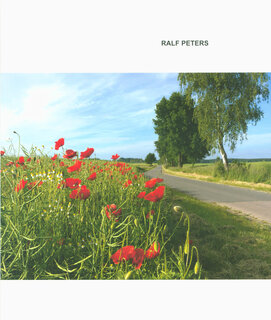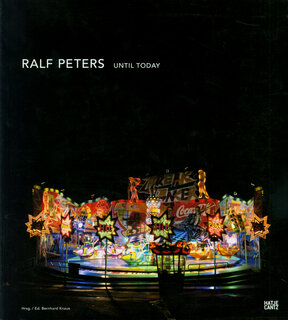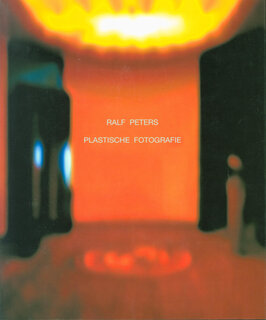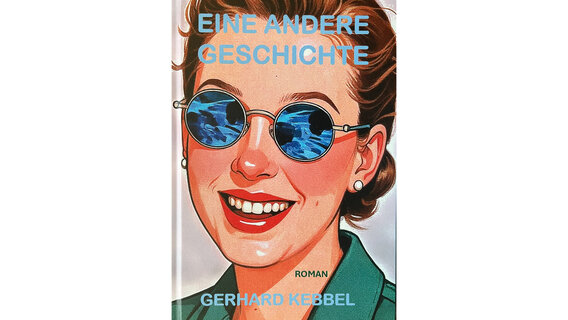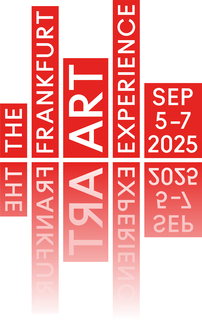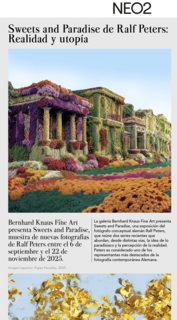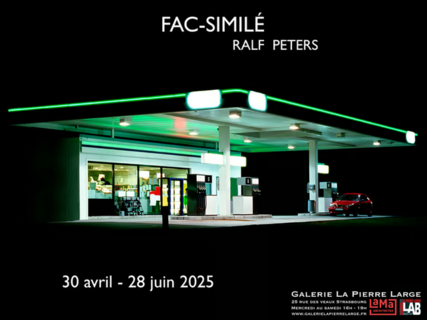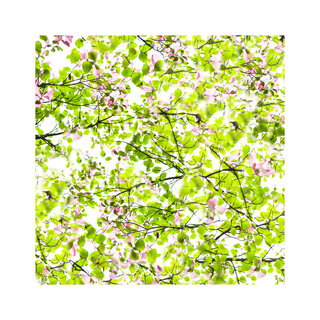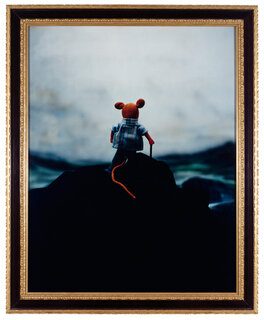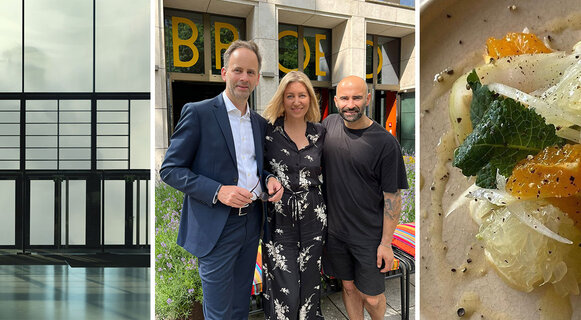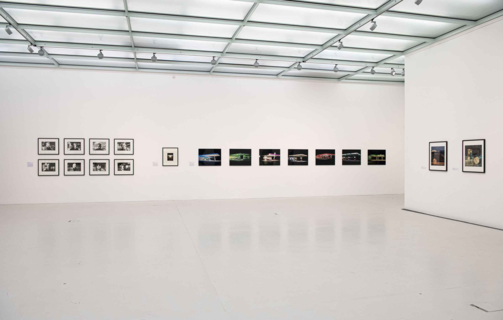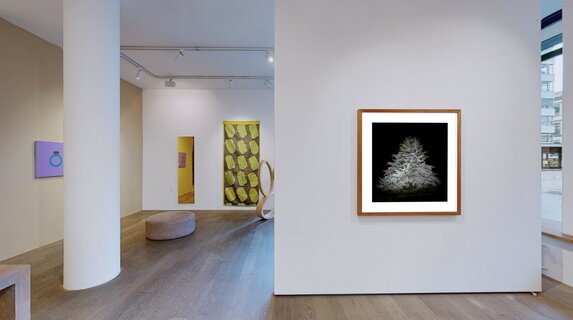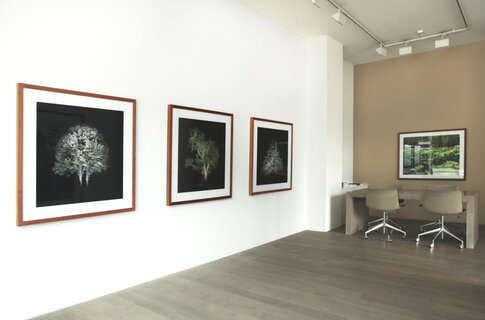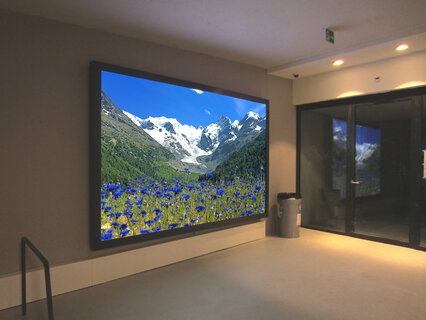Ralf Peters
Selected works
Exhibitions
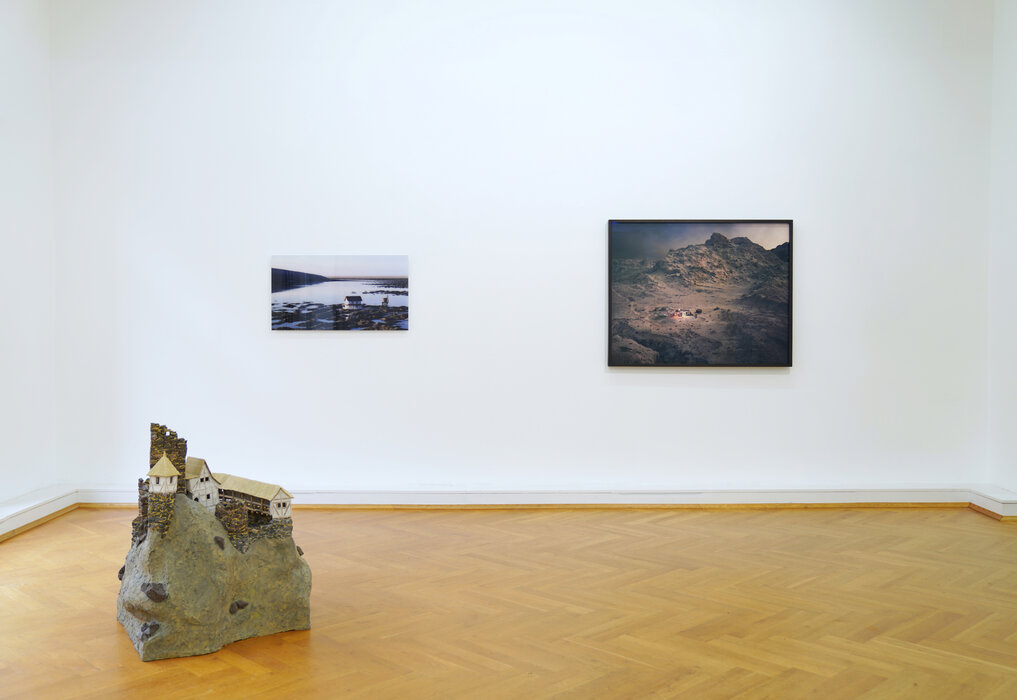
04.07. - 31.08.2024
Hams Klemens, Dean Monogenis, Eamon O´Kane, Ralf Peters, Renato Nicolodi , Daniel Rich, Marten Schech, Lucy Williams, Thomas Wrede
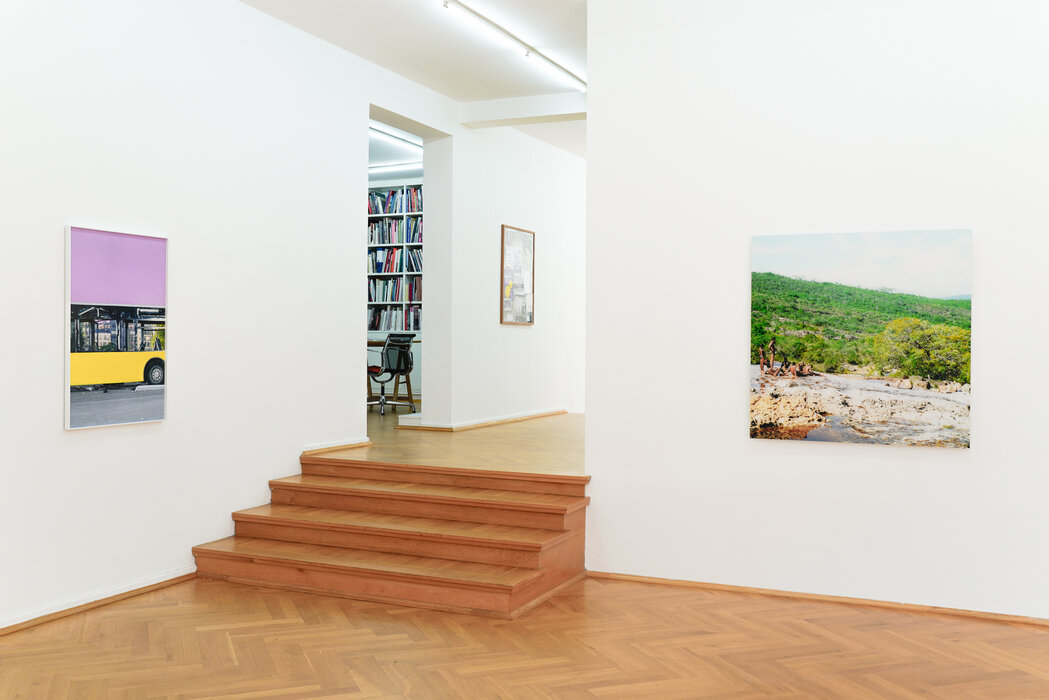
08.07. - 02.09.2023
Kyungwoo Chun, Serena Ferrario, Andy Fitz, Katharina Hinsberg, Myriam Holme, Levin Oehler, Ralf Peters, Giacomo Santiago Rogado, Theresa Weber
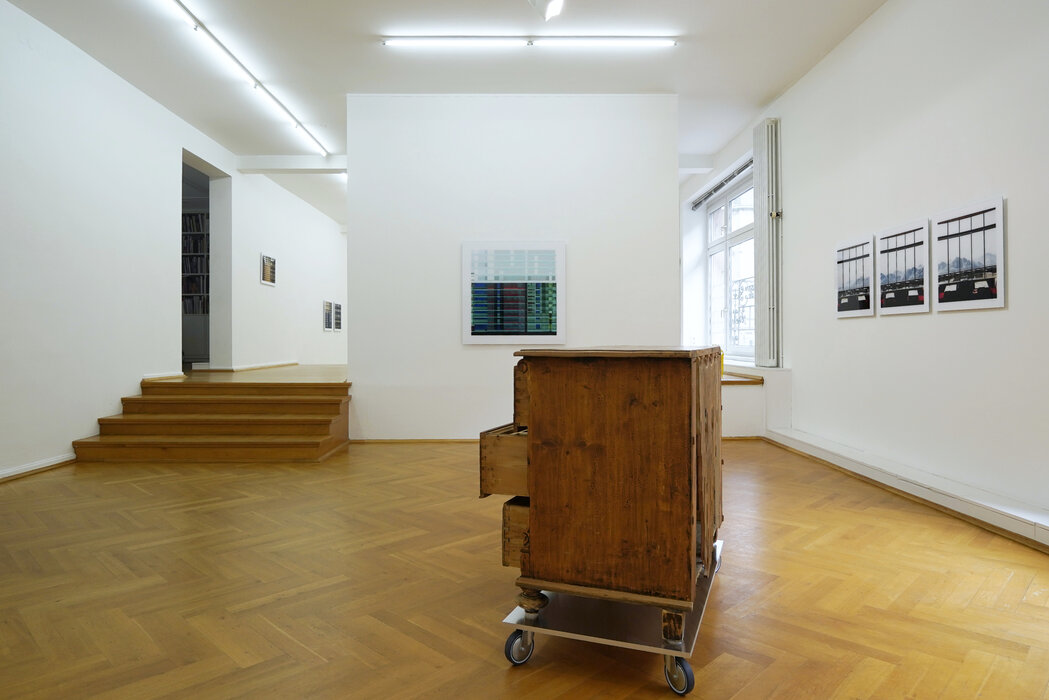
21.04. - 25.06.2022
Ralf Peters, Marten Schech
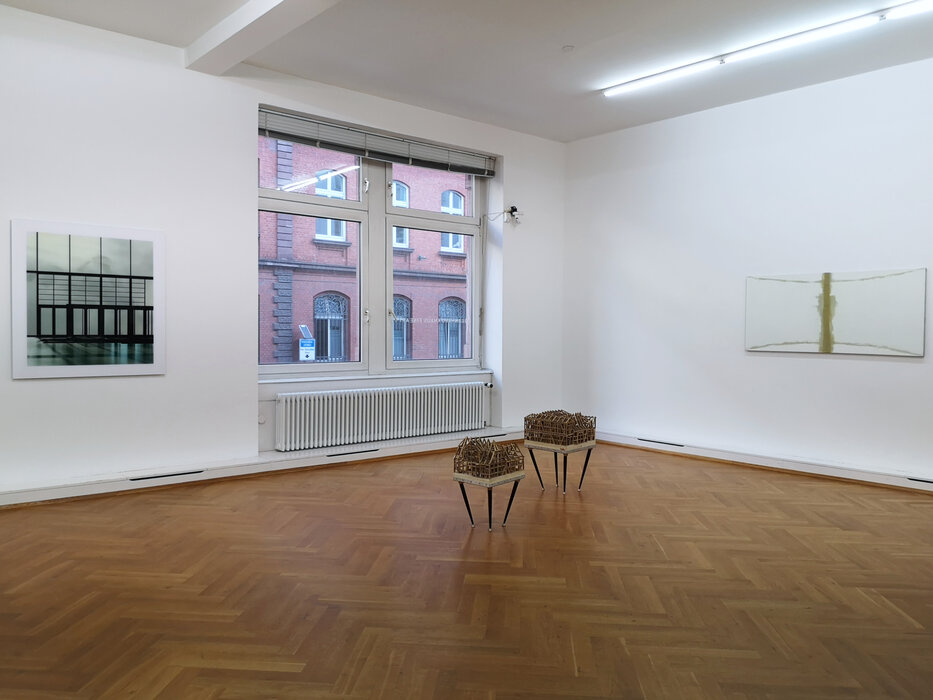
30.05. - 29.08.2020
Stefan à Wengen, Daniele Buetti, Kyungwoo Chun, Myriam Holme, Harald Kröner, Flo Maak, Karim Noureldin, Ralf Peters, Bernhard Prinz, Giacomo Santiago Rogado, Marten Schech, Albrecht Schnider, Lena von Goedeke, Petra Wunderlich, Robert Zandvliet
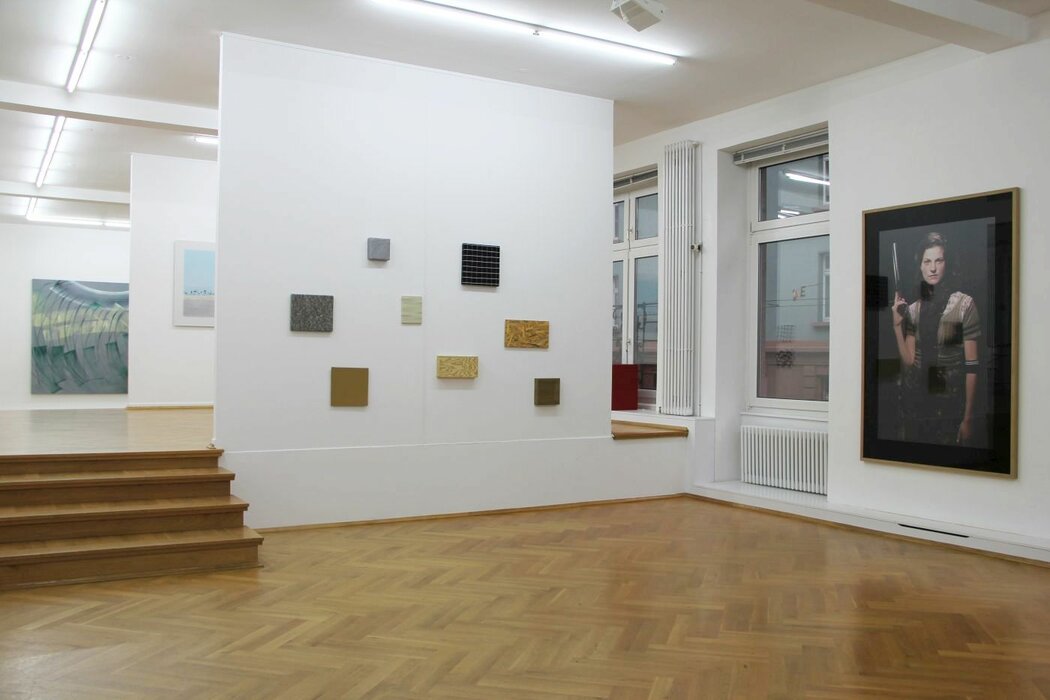
12.12. - 02.03.2013
Daniele Buetti, Kyungwoo Chun, Flo Maak, Ralf Peters, Bernhard Prinz, Albrecht Schnider, Christian Hagemann, Tom Früchtl, Harald Kröner, Ingo Meller, Esther Stocker, Robert Zandvliet
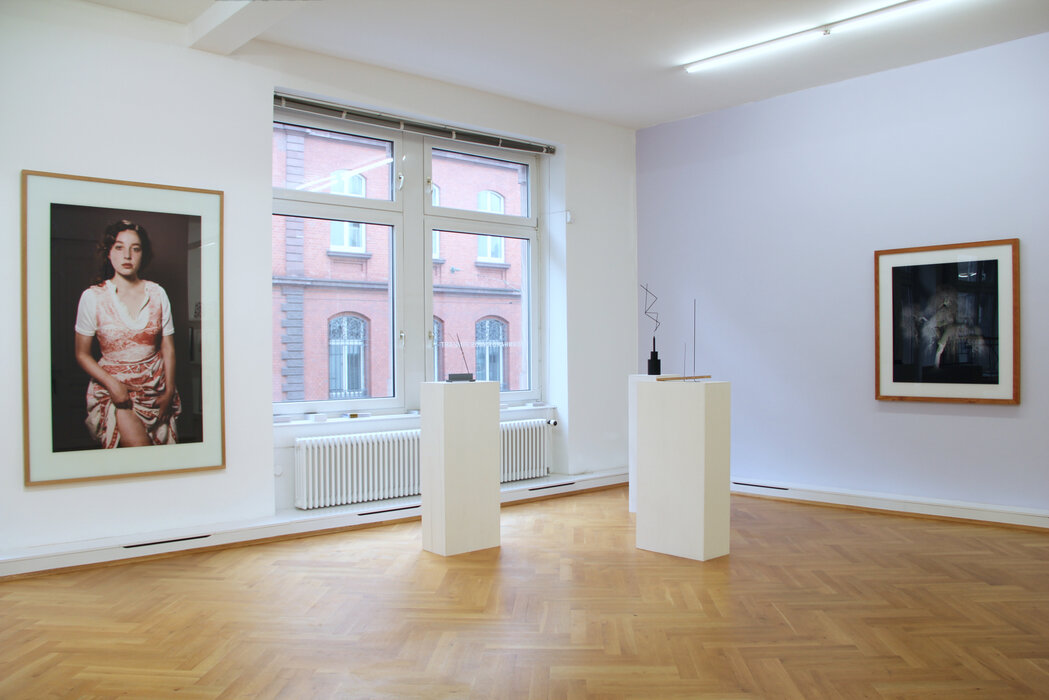
20.10. - 03.12.2011
Daniele Buetti, Flo Maak, Thomas Locher, Ralf Peters, Bernhard Prinz, Albrecht Schnider, Esther Stocker, Petra Wunderlich, Jerry Zeniuk, Peter Schlör
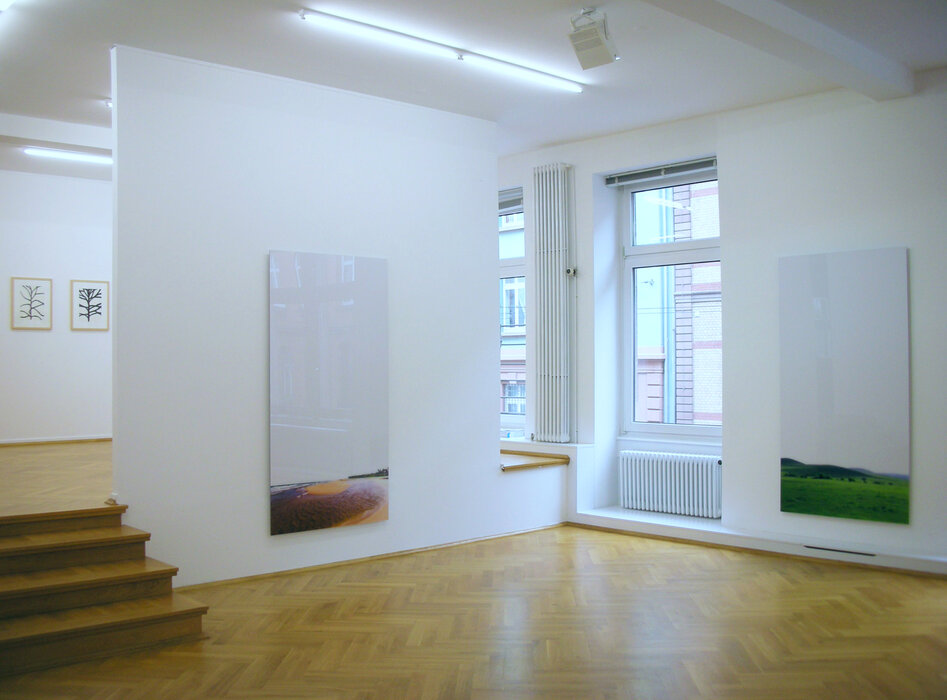
26.03. - 09.05.2009
Ralf Peters, Harald Hermann, Simon Halfmeyer, Christiane Löhr, Cecilia Westerberg, Michaela Math
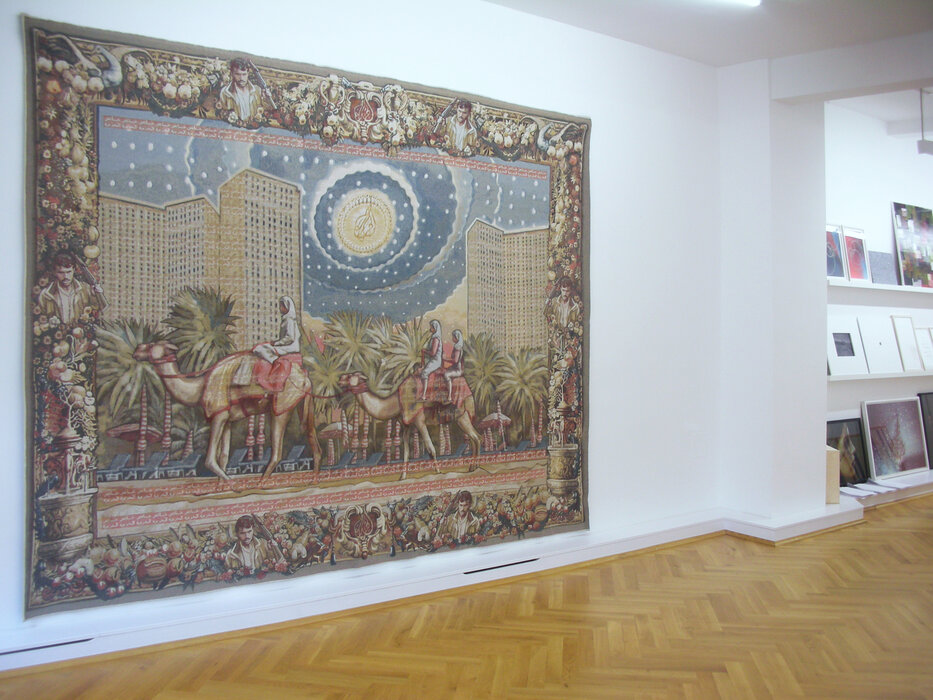
31.08. - 29.09.2007
Daniele Buetti, Marco Breuer, Kyungwoo Chun, Margret Eicher, Tom Früchtl, Simon Halfmeyer, Christian Hagemann, Herbert Hinteregger, Markus Keibel, Peter Schlör, Harald Kröner, Ralf Peters, Cecilia Westerberg, Adam Thompson
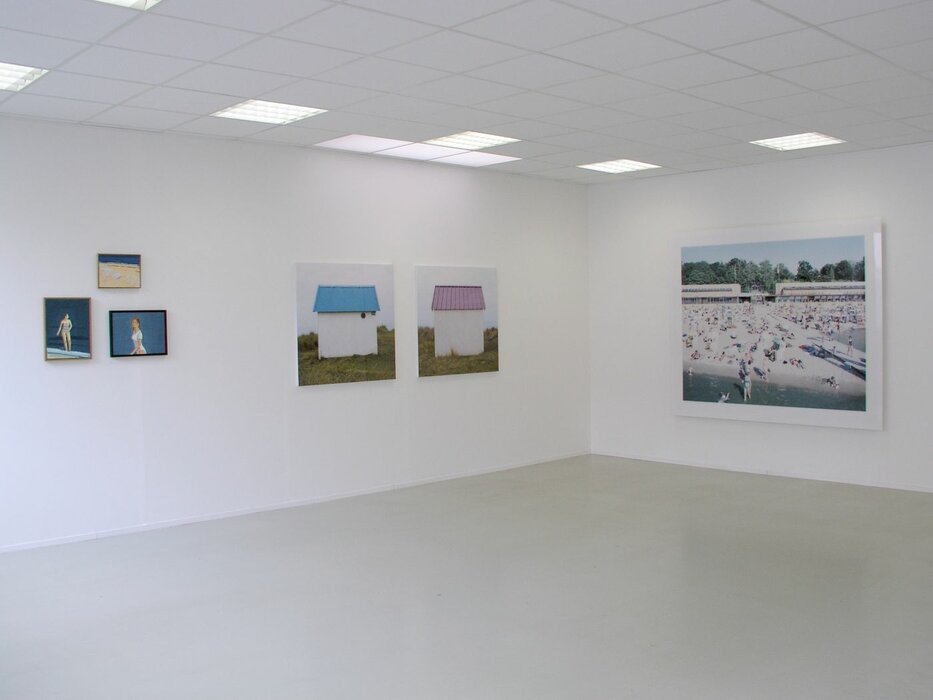
14.06. - 27.09.2003
Massimo Vitali, Beat Streuli, Julian Opie, Marie-Jo Lafontaine, Jonathan Monk, Axel Hütte, Olaf Breuning, Götz Diergarten, Alex Katz, Ralf Peters, Herbert Hinteregger, Peter Schlör
Edition
Books
News
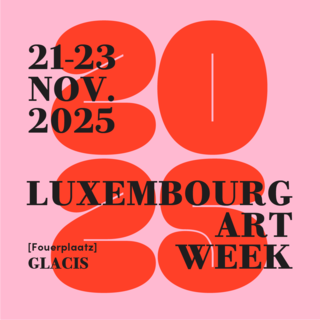
21.11. - 23.11.2025
Mark Francis, Myriam Holme, Ralf Peters, Daniel Rich, Thomas Wrede, Flo Maak, Katharina Hinsberg, Marten Schech
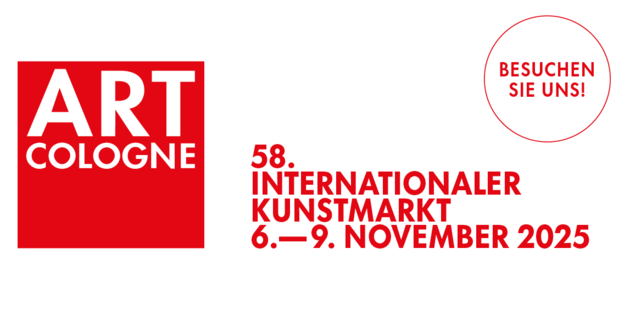
07.11. - 10.11.2025
Mark Francis, Katharina Hinsberg, Myriam Holme, Robert Zandvliet, Ralf Peters, Daniel Rich, Katja Davar

11.04. - 13.04.2025
Katja Davar, Mark Francis, Katharina Hinsberg, Myriam Holme, Ralf Peters, Daniel Rich, Robert Zandvliet, Stefan à Wengen
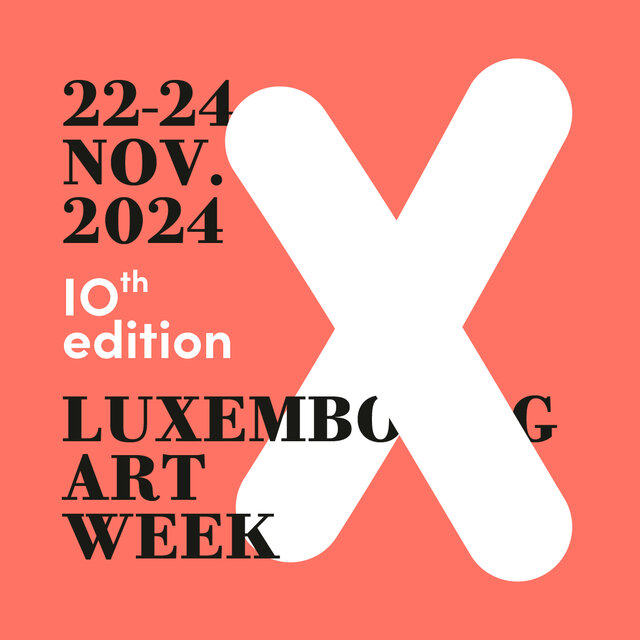
22.11. - 24.11.2024
Mark Francis, Myriam Holme, Ralf Peters, Giacomo Santiago Rogado, Stefan à Wengen, Katharina Hinsberg, Daniel Rich, Thomas Wrede
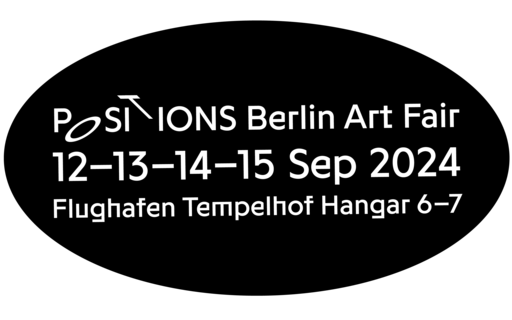
12.09. - 15.09.2024
Stefan à Wengen, Katja Davar, Mark Francis, Katharina Hinsberg, Myriam Holme, Ralf Peters, Giacomo Santiago Rogado, Marten Schech, Thomas Wrede, Robert Zandvliet

13.07. - 27.07.2024
Hams Klemens, Dean Monogenis, Renato Nicolodi , Eamon O´Kane, Daniel Rich, Marten Schech, Lucy Williams, Thomas Wrede, Ralf Peters
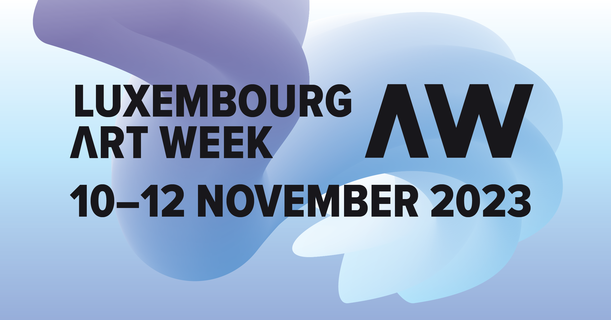
10.11. - 12.11.2023
Katja Davar, Mark Francis, Terry Haggerty, Myriam Holme, Ralf Peters, Giacomo Santiago Rogado, Marten Schech, Robert Zandvliet, Stefan à Wengen
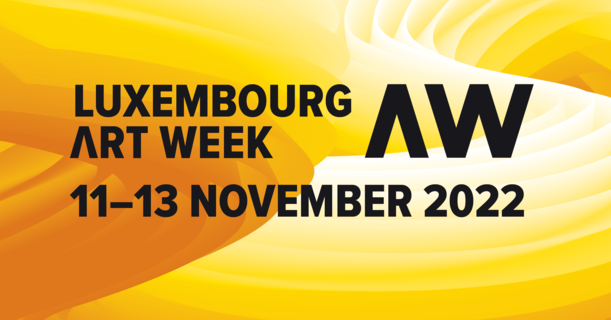
11.11. - 13.11.2022
Ralf Peters, Çiğdem Aky, Giacomo Santiago Rogado, Mark Francis, Bernhard Prinz, Robert Zandvliet, Marten Schech
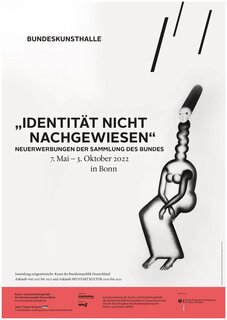
07.05. - 03.10.2022
Flo Maak, Ralf Peters, Myriam Holme, Marten Schech
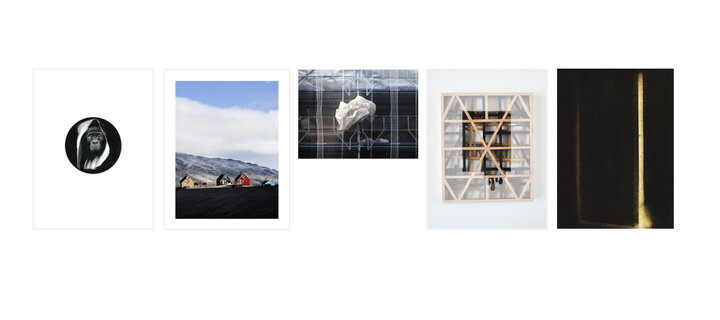
15.12.2021
Stefan à Wengen, Daniele Buetti, Kyungwoo Chun, Myriam Holme, Harald Kröner, Flo Maak, Ralf Peters, Bernhard Prinz, Giacomo Santiago Rogado, Marten Schech, Albrecht Schnider, Lena von Goedeke, Petra Wunderlich, Robert Zandvliet, Karim Noureldin
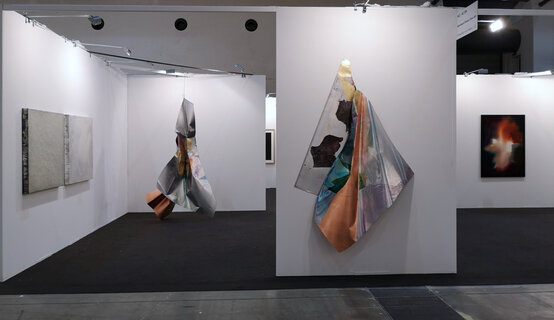
13.02. - 16.02.2020
Stefan à Wengen, Myriam Holme, Ralf Peters, Giacomo Santiago Rogado
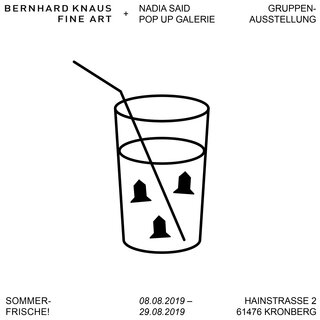
08.08. - 29.08.2019
Lena von Goedeke, Marten Schech, Giacomo Santiago Rogado, Ralf Peters, Myriam Holme, Kyungwoo Chun, Stefan à Wengen
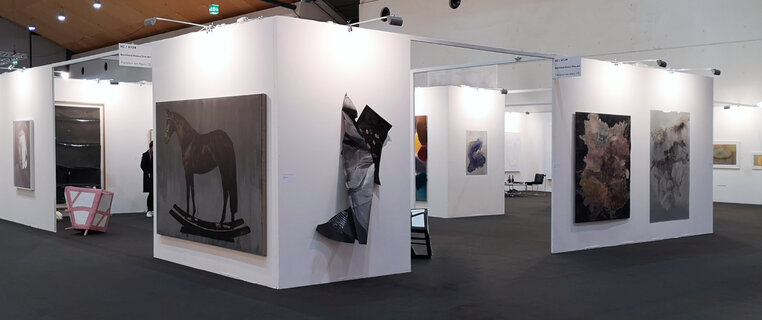
20.02. - 24.02.2019
Stefan à Wengen, Daniele Buetti, Joaquim Chancho, Aldo Cristofaro, Florian Heinke, Katharina Hinsberg, Harald Kröner, Karim Noureldin, Ralf Peters, Joan Hernández Pijuan, Giacomo Santiago Rogado, Robert Zandvliet, Myriam Holme, Marten Schech
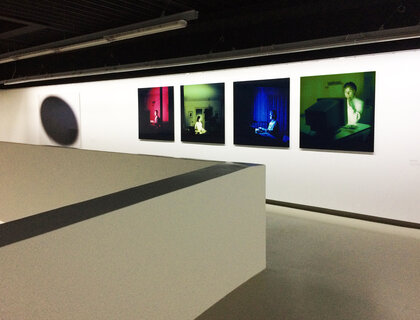
15.04. - 06.01.2020
Ralf Peters, Götz Diergarten, Marie-Jo Lafontaine
Architecture
Channel
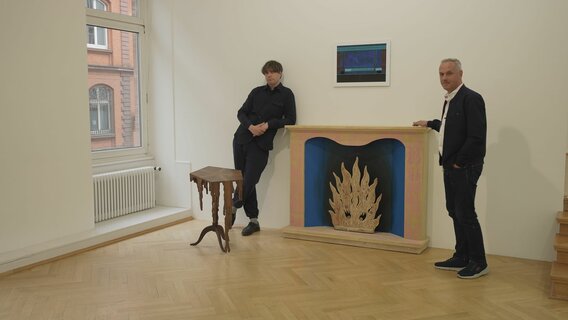
Ralf Peters, Marten Schech
